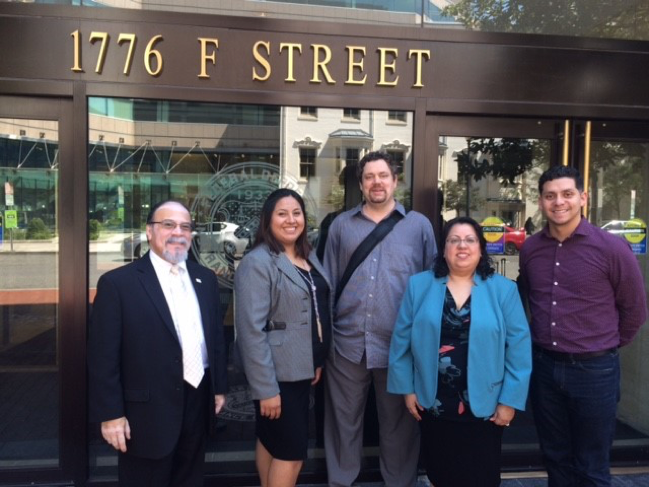Commonsense CFPB Bills Will Increase Agency Transparency
 As the first standalone federal agency dedicated to fighting for consumer rights, the Consumer Financial Protection Bureau (CFPB) is making a strong impact on the lives of millions of American consumers. With its emphasis on simplifying the confusing world of financial products and services—from mortgages to credit cards to money transfers—the CFPB has made a difference for Latino consumers across the country.
As the first standalone federal agency dedicated to fighting for consumer rights, the Consumer Financial Protection Bureau (CFPB) is making a strong impact on the lives of millions of American consumers. With its emphasis on simplifying the confusing world of financial products and services—from mortgages to credit cards to money transfers—the CFPB has made a difference for Latino consumers across the country.
This Tuesday, the House Committee on Financial Services marked up three new bills aimed at improving the operations of the agency. The bills would help maximize transparency and allow the CFPB to better achieve its mission of consumer protection. Each of these bills would improve the functioning of the CFPB, and each is consistent with the principles put forth in a report assessing the CFPB by the Bipartisan Policy Center (BPC) and Eric Rodriguez, Vice President of the Office of Research, Advocacy, and Legislation at NCLR.
While the report highlights the difference the CFPB is already making for consumers, it also says that the CFPB could operate more transparently. It recommends that the CFPB “seek greater input from a diverse group of interested parties,” and the “Bureau Guidance Transparency Act” (H.R. 4811) would do just that. By requiring the CFPB to implement a public comment period before issuing guidance, the agency would allow open participation for all affected parties, potentially reducing the chance of legal challenges arising from a lack of consultation.
In a section on funding and accountability, the BPC report also recommends the establishment of an independent CFPB inspector general’s office similar to those maintained by many other federal agencies. Currently, the CFPB shares the inspector general of the Federal Reserve. The “Bureau of Consumer Financial Protection-Inspector General Reform Act of 2013” (H.R. 3770) would change that. The inspector general would have full investigative and reporting powers, be appointed by the president, and work to improve CFPB transparency.
Finally, the “Bureau Advisory Commission Transparency Act” (H.R. 4262) keeps with the spirit of the BPC recommendations by making the CFPB compliant with the Federal Advisory Committee Act (FACA). Though the BPC report doesn’t address FACA directly, implementing it would add a number of transparency-minded changes to the everyday functioning of the CFPB. With this bill, the CFPB would require the agency’s advisory committee to hold open meetings, increase public involvement, and foster transparency across the entire agency.
If enacted, these three bills would make modest, commonsense improvements to the gaps in transparency at the CFPB, facilitating open meetings and maximizing the potential for public input in the regulatory process. With these changes, the CFPB would be better suited to continue advocating for the rights of American consumers and making a difference in the lives of countless Hispanics who rely on diverse financial products.


